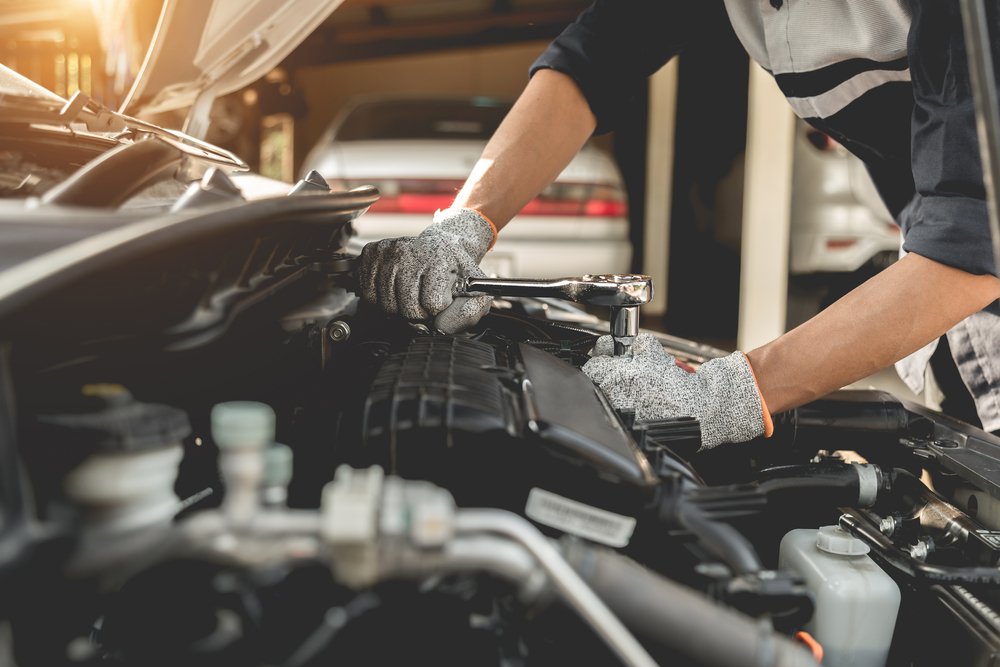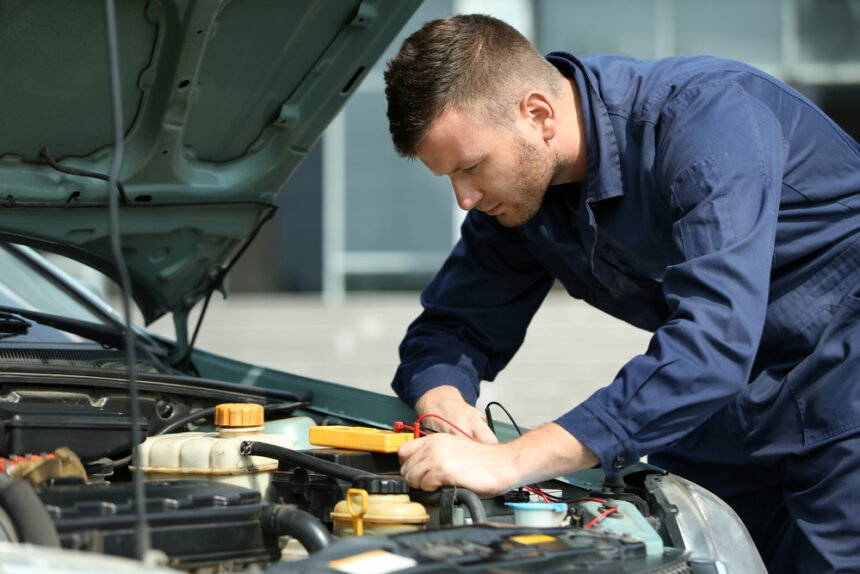As gears shift and engines roar to life, a gifted mechanic understands both the sound of life and the whisper of potential demise in a motor vehicle. Have you ever paused to ponder what truly separates an exceptional mechanic from a merely competent one? Or perhaps you’re considering a career in this invaluable field, and are wondering what skills are indispensable for success?
A mechanic is more than just a technician with a toolbox. They represent an intersection of science and art; the ability to know what is wrong, why it’s wrong, and how to set it right. In this comprehensive guide, we delve into the wide array of skills every mechanic should master – from understanding the rhythm of an engine to delivering exceptional customer service.
Technical Abilities: The Nuts And Bolts
As expected, a mechanic must possess technical skills, which are the literal nuts and bolts of their profession. A deep understanding of engines, transmissions, and brake systems is critical. Mechanics also need to be comfortable with technological advancements, as vehicles increasingly incorporate sophisticated computer systems.
Being au fait with diagnostic tools used for identifying vehicle issues is another crucial technical skill. A proficient mechanic should not just leverage these tools effectively but interpret the data accurately they provide to pinpoint the root cause of the issue, thus enabling efficient repairs.
Lastly, technical skills encompass the consistent ability to perform routine tasks, such as oil changes and tire rotations, with ease and accuracy. Regular maintenance tasks form the backbone of a mechanic’s practice and are therefore critical skills to master.
Problem Solving: The Sherlock Holmes Aspect
Problem-solving is another key aspect of a mechanic’s repertoire. They need the ability to listen to a car, perceive its complaints, and diagnose the problem accurately. This involves critical thinking and logical reasoning skills, together with an understanding of how vehicle systems interact.
Moreover, creative problem-solving is crucial. Every car’s issue is not straight out of a textbook, and there will be times when mechanics will need to think outside the box to identify and resolve an issue effectively.
Furthermore, mechanics often work under time constraints and pressure, requiring the skills to prioritise tasks and make quick, sound decisions.
Dexterity and Physical Stamina
Working in a garage can be physically grueling. Stamina is required to work for long hours, often under challenging conditions. Mechanics should have good manual dexterity, enabling them to handle small parts and tools efficiently.
Strength is also crucial as some tasks, such as lifting heavy parts and equipment, require physical power. Moreover, excellent hand-eye coordination is required for operations that involve precision.
It’s also vital for mechanics to observe safety rules due to the risk of injury that comes with the job. The ability to keep a clean and organized workspace can reduce such risks and improve overall efficiency.

Lifelong Learning: Keeping Pace with Progress
With the rapid pace of technological advancement in the automotive industry, a mechanic’s learning never stops. They must stay updated with the latest developments in car design, hybrid technology, and digital diagnostic tools to deliver effective solutions.
Continuous learning also involves regularly upgrading their certifications, enhancing their knowledge and skills, and ultimately becoming trustworthy professionals whom customers feel confident going to for their car troubles.
Outstanding Customer Service
A significant part of a mechanic’s job involves dealing with customers. Good communication skills can help mechanics explain technical jargon to non-technical car owners, making them feel at ease.
Furthermore, ethics and honesty are of utmost importance. Mechanics who are transparent in their dealings build long-term relationships with customers and often gain new ones through word-of-mouth referrals.
Acumen: Balancing The Books
Finally, those aspiring to run their own garages should hone their business skills. Understanding how to manage finances, inventory, and human resources are invaluable skills that can make or break a business.
Mechanics should also be adept at time management, as failing to meet repair time frames can lead to customer dissatisfaction and lost business.
Conclusion
A mechanic isn’t just a surgeon for cars; they’re artists, detectives, athletes, scholars, and entrepreneurs. Their skills extend beyond a deep understanding of engines and span problem-solving, physical stamina, continuous learning, customer service, and business acumen.
It’s clear that the journey to becoming an accomplished mechanic is multifaceted and entails more than mastering the nuts and bolts. But with these essential skills under your belt, strengthened with perseverance, passion, and a commitment to lifelong learning, it’s a journey that is certainly fulfilling and ultimately rewarding. After all, being a mechanic is not just a profession – it is a testament to the human drive for solving problems and making things work.



